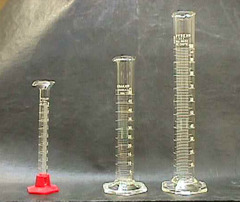Laboratory Equipment Names and Function
0.0(0)
Card Sorting
1/34
Earn XP
Description and Tags
Last updated 1:31 PM on 9/9/22
Name | Mastery | Learn | Test | Matching | Spaced | Call with Kai |
|---|
No analytics yet
Send a link to your students to track their progress
35 Terms
1
New cards
pH Meter
Determines the pH of a solution by measuring the voltage between the two electrodes that are placed in the solution.
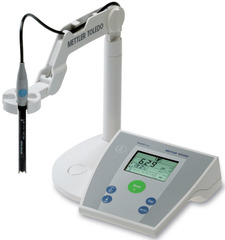
2
New cards
bright-field microscope (also known as compound microscope)
Uses lenses and light to view objects or specimens that are too small to be seen with just the human eye that are either dark or transparent.
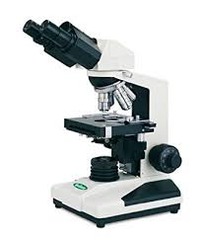
3
New cards
emergency eye wash station
Used to flush eyes in case of chemical contact.
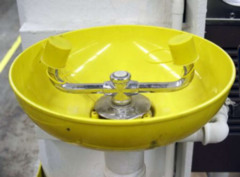
4
New cards
pH indicator strips
Paper that is dipped into a solution to determine the pH by a color that aligns with a chart.
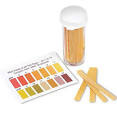
5
New cards
Erlenmeyer flask
Used to hold and heat liquids, has narrow neck to prevent splashes.
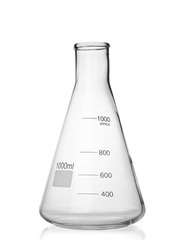
6
New cards
incubator
A device used to grow and maintain microbiological cultures or cell cultures.
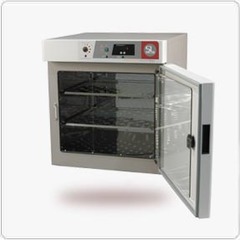
7
New cards
beaker
Flat-bottomed glass container used in laboratories for holding and heating liquids.
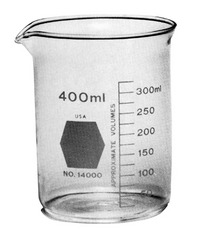
8
New cards
transfer pipet
Plastic pipettes used to transfer small amounts of liquids, but are not graduated or calibrated for any particular volume.
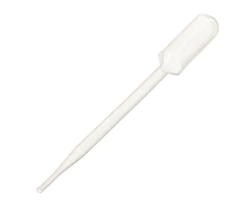
9
New cards
inoculating loop
Instrument used to pick up and transfer bacteria.
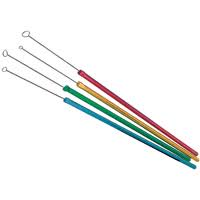
10
New cards
pipet aids
Used to either pick up liquids into or expel liquids out of pipettes.
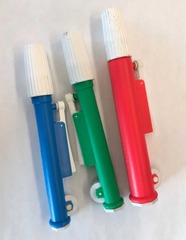
11
New cards
Transmission Electron Microscope (TEM)
An electron microscope used to study the internal structure of thin sections of cells.
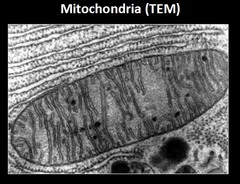
12
New cards
agar plate
A petri dish containing a nutrient medium solidified with agar.
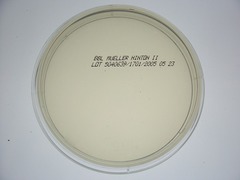
13
New cards
clinical centrifuge
Used in the separation of serum, plasma and urea in blood samples, and for other routine applications in hospital and research laboratories.
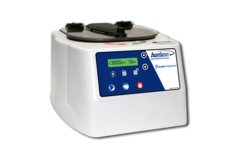
14
New cards
micropipettes
Precisely measures very small amounts of liquids.
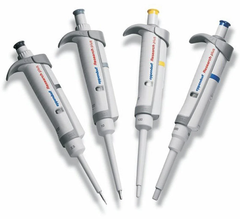
15
New cards
analytical balance
Used for determining mass at up to four decimal places.
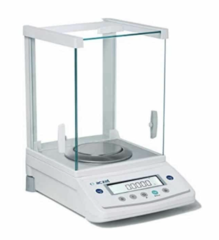
16
New cards
fume hood
Used to prevent a person from exposure to hazardous fumes from chemicals.
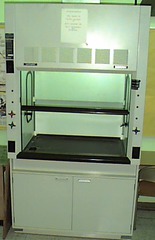
17
New cards
Scanning Electron Microscope (SEM)
An electron microscope used to study the fine details of cell surfaces.
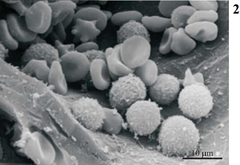
18
New cards
safety shower
Used to rinse hazardous chemicals off of the skin or clothing.
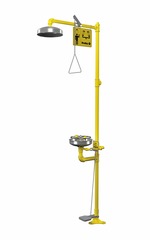
19
New cards
test tubes
Holds liquids for observation or testing.
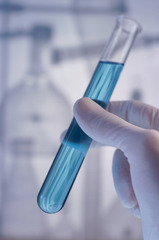
20
New cards
top-loading balance
Used for determining mass at up to two decimal places.
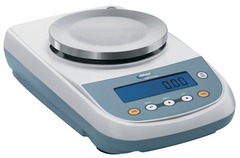
21
New cards
stir plate or stirrer
Device used with a magnetic stir bar to provide stirring action in a liquid.
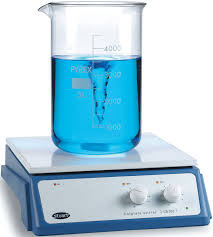
22
New cards
biosafety cabinet
Enclosed and ventilated laboratory workspace for safely working with materials that are contaminated with pathogens.
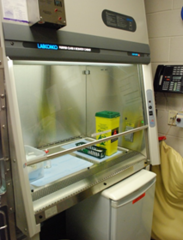
23
New cards
microcentrifuge
Separates materials from small samples based on density.
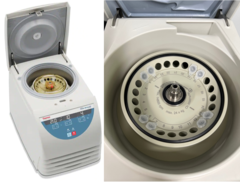
24
New cards
electrophoresis chamber
Plastic chamber used for DNA and RNA electrophoresis.
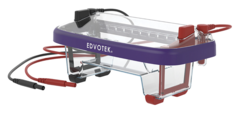
25
New cards
autoclave
Pressure chamber that is used to sterilize equipment and supplies. Uses high temperature steam that kills any and all organisms (including spores).
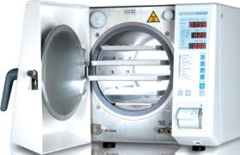
26
New cards
clean bench
Aseptic work area; does not provide personal protection.
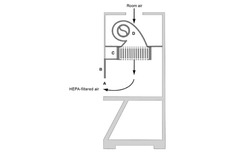
27
New cards
media bottle
Glass container used to store agar, broth, chemicals, etc.
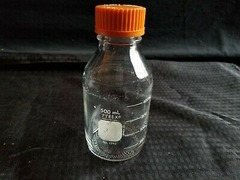
28
New cards
vertical electrophoresis chamber
Plastic chamber used for protein electrophoresis.
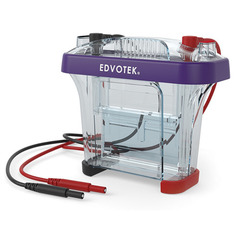
29
New cards
serological pipet
Used for transferring milliliter volumes of liquid.
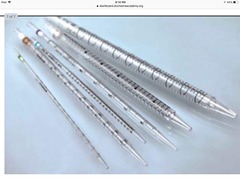
30
New cards
water bath
A container of water heated to a given temperature, used for heating substances placed in smaller containers.
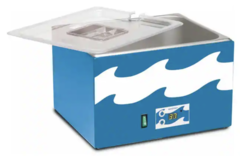
31
New cards
vortexer
A machine that will vigorously shake a container to mix the contents.
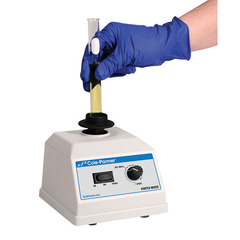
32
New cards
incubator shaker
Incubator with rotating rack for flasks, and circulating air to keep liquid cultures well "aerated" and at a fixed temperature.
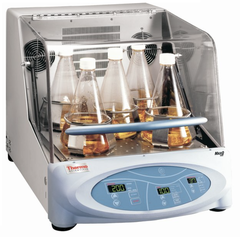
33
New cards
spectrophotometer
An instrument that measures the proportions of light of different wavelengths absorbed and transmitted by a pigment solution.
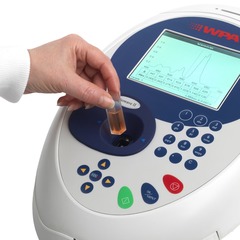
34
New cards
conical tube
Capped tube used to hold chemical substances.
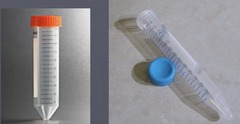
35
New cards
graduated cylinder
Used to accurately measure the volume of a liquid.
